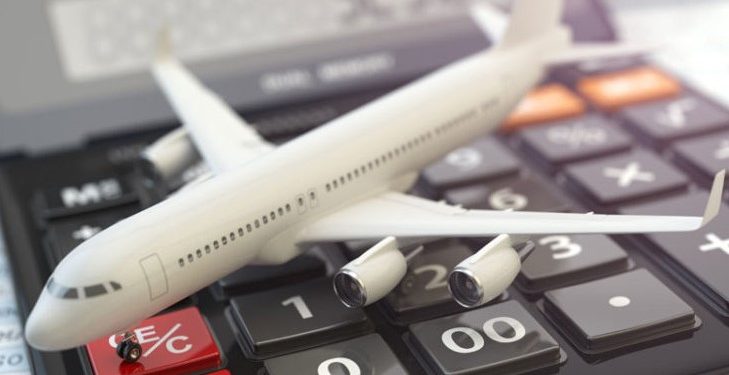On Wednesday, the government proposed increasing the Tax Collected at Source (TCS) rate for international travel packages from the existing 5% to 20% and introducing a more liberalised remittance programme. The Finance Bill revised Section 206C of the Income Tax Act through the Budget 2023–2024, imposing a higher TCS on packages for international travel.
Additionally, 20% TCS will be applied when funds exceeding Rs 7 lakh are remitted outside of India under the RBI’s Liberalised Remittance Scheme. The changes will take effect on July 1st, 2023.
The increase in TCS rate to 20%, according to Nangia Andersen India Partner Amit Agrawal, is a significant surprise, especially given the favourable forex position. The government’s goal to limit HNIs’ ability to spend on international travel may be highlighted by the hike in TCS rates to 20%, according to Agarwal.
According to Agarwal, the decision to raise TCS to 20% for all remittances other than travel and medical expenses is likely to anger the middle class and HNIs and put them through difficulty.
“This is especially true since many students aspire for foreign education and the cost of education and living is usually met by parents through LRS, the blanket rate of 20 per cent on all residuary remittances would mean that foreign remittance for education/maintenance is likely to be costlier owing to the 20 per cent TCS,” Agrawal said.
TCS on international travel packages or the liberalised remittance system for sending money out of India has been proposed to be hiked from 5% to 20%, according to Deloitte India Partner Neeru Ahuja.
Despite the TCS being creditable in the hands of the taxpayers, Ahuja stated that it will initially result in a bigger cash outflow in their hands.
Tax Partner Amit Maheshwari of the tax and consultancy business AKM Global stated, “TCS has been proposed on any foreign payment without any threshold.”
For those planning to travel abroad or who want to invest in foreign equities, this will provide difficulties because it will raise their immediate outlay, according to Maheshwari.
The budget proposal, according to Rajiv Mehra, president of the Indian Association of Tour Operators, will force certain association members who offer outbound travel to stop their operations.
Mehra added that this needs to be reversed right away. “None of our demands like rationalisation of GST (goods and services tax) on the tourism industry, exemption of GST on foreign exchange earnings and refund of tax on shopping under the Tax Refund to Tourist Scheme, for which there is already a provision in the GST Act, have been considered.”
Jyoti Mayal, president of the Travel Agents Association of India, stated that the organisation was still seeking clarification.
The government should rethink this plan, according to Madhavan Menon, chairman of Thomas Cook (India), because it will dramatically raise upfront customer cash outlays. More of these clients will be compelled to use alternative channels that are not subject to domestic taxation, he continued.
The hike in TCS on international travel packages will disadvantage local tour companies, according to Rajesh Magow, CEO of MakeMyTrip group. He claimed that it would provide foreign-based online travel booking platforms with an unfair advantage over Indian-based travel agencies and tour operators in addition to raising the upfront cash outflow for customers.
According to Aloke Bajpai, group CEO of ixigo, leisure trips abroad for Indian tourists may become more expensive with a higher TCS on international travel packages. The move, according to Vijay Dewan, MD of Apeejay Surrendra Park Hotels, was detrimental to the tourism industry.











